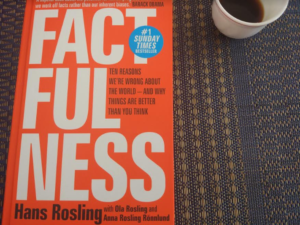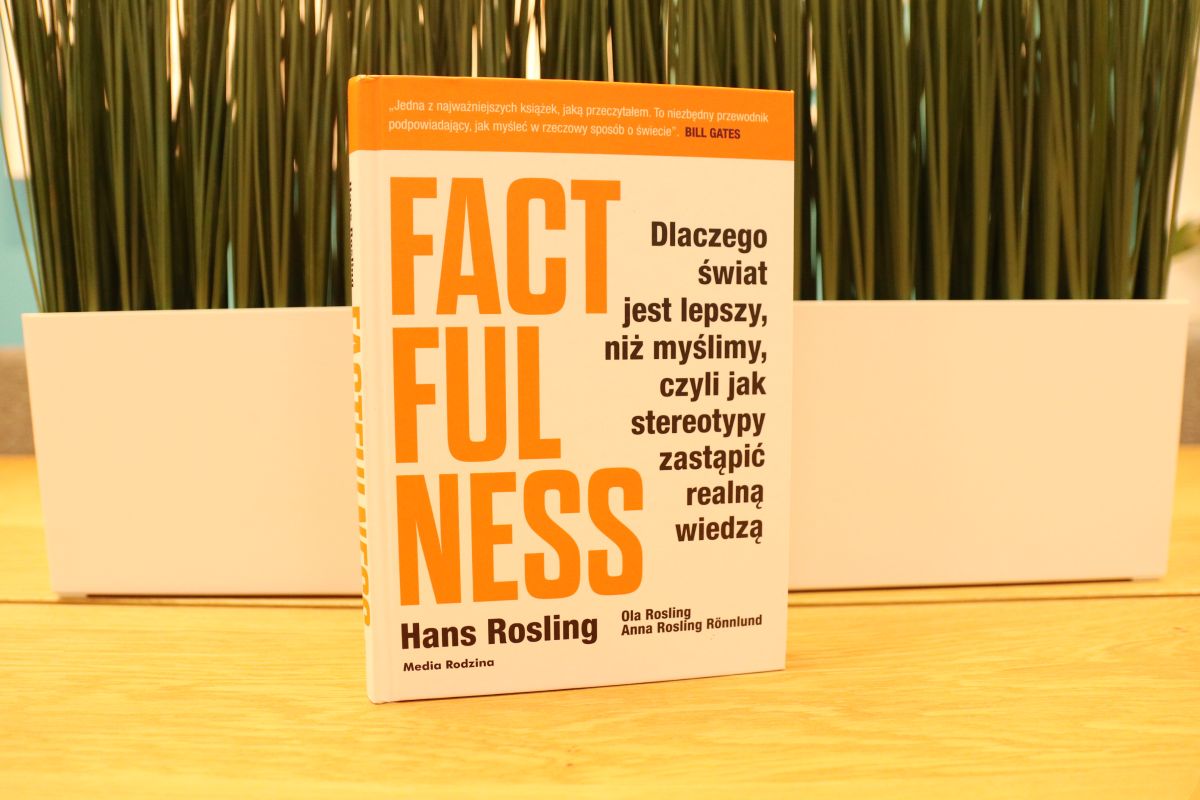

When the evidence does not support his argument, however, he dismisses it. In 75 surprising graphs, we see that safety, peace, knowledge and health are getting better all over the world. Instead, he shows us some carefully selected data.

Pinker asks us to stop paying so much attention to negative headlines and news that declares the end of the world. We are living longer, healthier, freer and happier lives. It focuses on our instinctive biases, offering practical advice to help us see the good as well as the bad in the world.Īre things getting worse every day? Is progress an impossible goal? In Enlightenment Now, Steven Pinker looks at the big picture of human progress and finds good news. This book is not concerned with the underlying reasons for poverty or progress, or what should be done about these issues. But we should adopt a mindset of factfulness – only carrying opinions that are supported by strong facts. And we are consuming large amounts of media that use a sales model based on making us afraid.īut according to the authors, the world isn't as bad as we think. In addition, we often believe that things are getting worse. Why does this happen? Factfulness sets out to explain why, showing that there are several instincts humans have that distort our perspective.įor example, most people divide the world into US and THEM.

Questions like 'How many girls finish school?' and 'What percentage of the world's population is poor?' It turns out the majority of us get the answers to these questions completely wrong. In Factfulness, Professor Hans Rosling, along with two collaborators, asks simple questions about the world. Four positive books about the world Factfulness – Hans Rosling with Ola Rosling and Anna Rosling Rönnlund


 0 kommentar(er)
0 kommentar(er)
